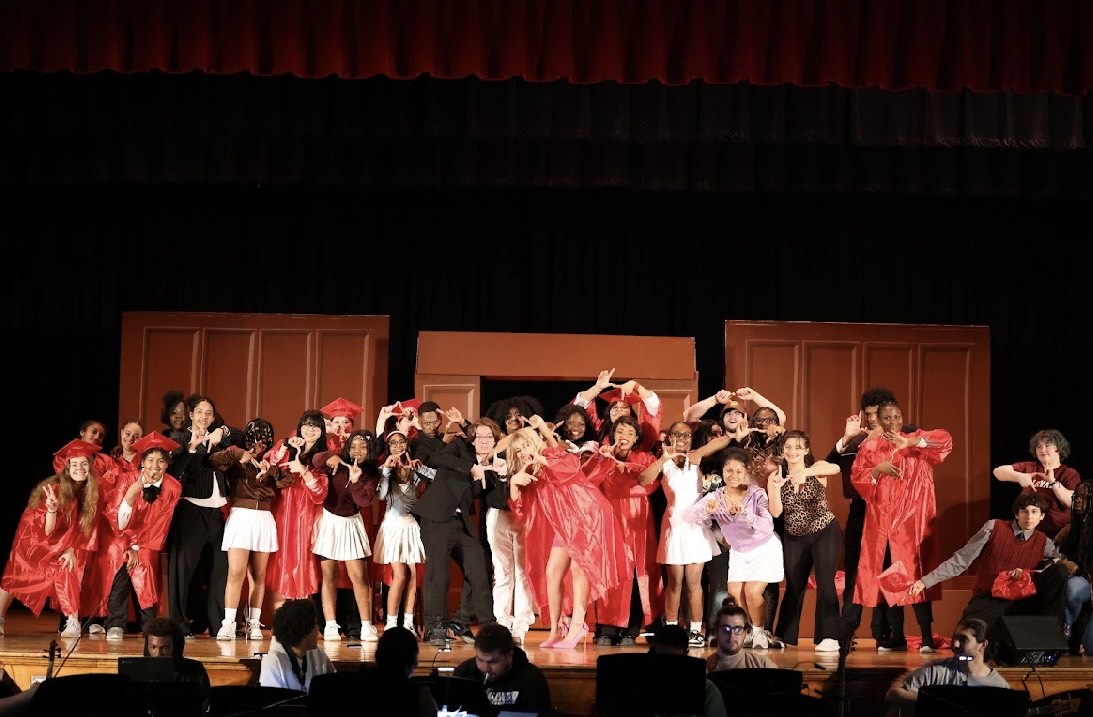At the start of the 2025-2026 school year, the New York State Department of Education enacted a law that has affected both students and guardians alike. Schools across New York have enforced rules that require students to carry pouches with them throughout the day, containing their phones. Other schools have resorted to different methods.
I recently spoke with Amityville Memorial High School principal, Dr. Cardone about the shift in policy. When asked about how the rule is being enforced, Dr. Cardone shared that the school is providing all students with Yondr pouches to contain their electronic devices. If a student violates the policy, teachers have been instructed to call the main office. Students are then escorted by security out of class to the main office, where they are obligated to put the phone in the pouch.
Exceptions to this ban do exist, according to the law. For instance, a teacher can request that students use their phones in their classroom for certain projects. An example of such a class can be photography or any other class, but the teacher has to request permission. Teachers are learning from their experiences to help students adjust to the new policies, and the school was instructed to notify teachers about the latest policies.
Dr. Cardone also stated that he has seen major changes in the first month of school. He sees that students are socializing more, not only with friends but with staff, and that students don’t have the stress of social media during the school day. He has also seen more students become interested in their classes with fewer altercations in the hallways.
When asked for her opinion on the phone ban, Social Studies teacher, Mrs. Mizrachi stated that she has seen more engagement and conversation happening amongst students. English teacher Ms. Rosario shared that she has noticed a lot more focus, more work being completed on time, and overall better attitudes. Ms. Keenan (also from the English department) believes the phone ban has been helpful not only for the learning process, but also sees that students have been socializing more with their peers. She has seen students talking more during her classes and debates, and has noticed that lunch periods have been louder due to more people talking to each other.
Students were also asked for their opinions on the ban. Maleek Solomon (‘27) stated the phone ban doesn’t affect him because he doesn’t heavily rely on his phone for anything other than communication. He has also seen a lot of engagement and more participation. He believes that straight after school students are binging on their phone after having it locked away all day.
Sophomore Chris Cruz stated, “The phone ban is too strict; there should be some exceptions for students.” Chris believes that students should be able to use their phones during lunch, and this should be the only exception.
Junior Waldi Tejada Garcia feels bad about the ban. He understands that this phone ban is necessary for people who are addicted to their phones. He recommends that there should be a shoe rack on the wall of every classroom for students to place their phones in during class and then get them back at the end of the class, although he recognizes that he knows it’ll be difficult to get students to comply. He shares that it’s gotten better from the start and that he has seen more interactions between students.
Overall, AMHS is adapting to the phone ban, and the expectations are high for the future. Teachers and students alike are helping each other navigate these new times.













